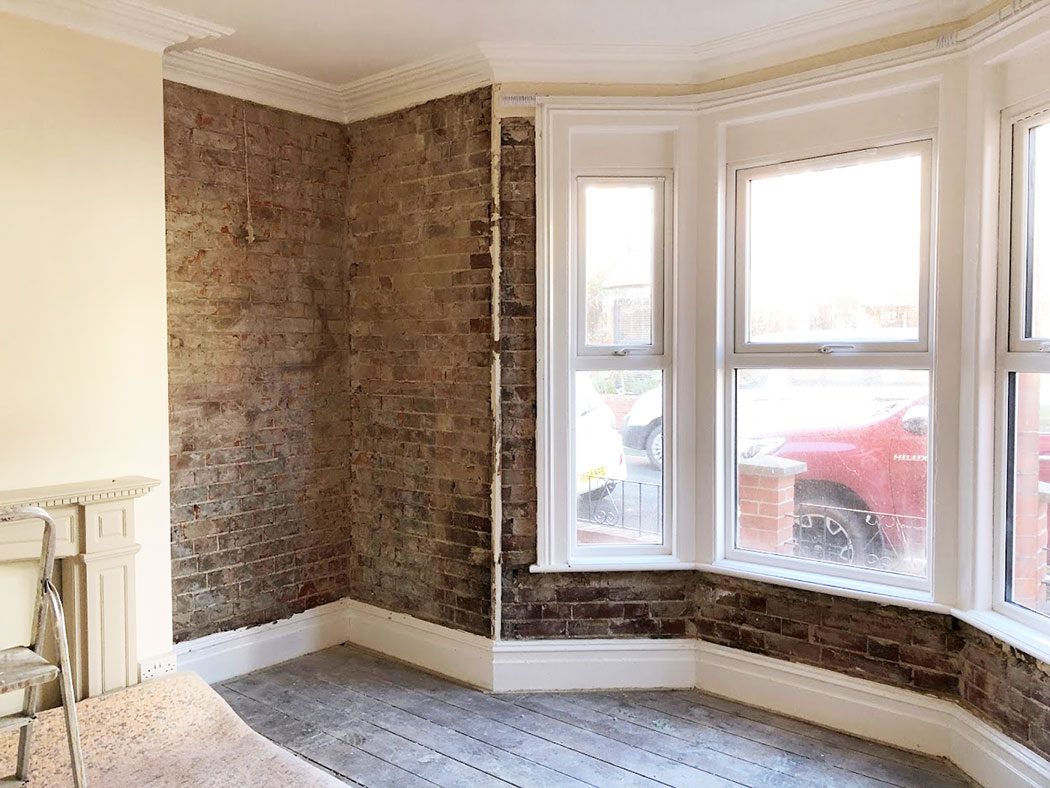In 2020, total DIY retail sales in the UK peaked at £9.1 billion, with this markedly higher than the previous year (£7.3 billion).
While this jump was largely down to the coronavirus lockdowns and the fact that people were spending more of their time at home, there’s no doubt that the UK is packed full of DIY enthusiasts who are willing to spend significantly on improving and renovating their homes!
But how can you go about doing your own home renovations while spending responsibly? Let’s find out!
#1. Set a Budget – And Stick to it!
Budgeting is key to any home DIY project, but particularly a large-scale scheme that requires significant outlay and material costs.
It’s also wise to be sensible here, and we’d recommend creating an initial budget that’s within your means but around 20% higher than the total estimated costs.
This creates an allowance for any additional and unexpected costs that arise during the project, although you should always aim to make savings where possible and minimise your total spending over time.
Also, we’d recommend prioritising aspects of your project so that you can get the most from your budget while getting multiple quotes from tradespeople for individual tasks.
#2. Invest in the Right Tools
You’ll need various tools to complete different DIY projects, but it’s important to invest in the right tools and equipment to guarantee the highest possible quality of workmanship.
Similarly, this can help to optimise your safety while working, while ensuring that you get the job done quickly and efficiently (which is crucial if you’re carrying out tasks in your spare time).
To help save money, you should identify which tools offer universal value across a broad range of projects. This may include hammer drills and a ratcheting screwdriver, which can be used to complete multiple tasks and should be bought as part of a wider DIY toolkit.
For those that you use more sparingly (such as a rotary drill when drilling through concrete), consider hiring the tools for a much shorter period of time and maximising the value that you receive for your money.
#3. Know When to Call the Experts
Your budget should also make provision for tasks that you cannot complete yourself, as in these instances, you’ll have to bring in qualified experts at an agreed rate of pay.
Of course, you may be tempted in these cases to save money and carry out the tasks yourselves, but this may create significant safety concerns and additional costs if you have to correct any errors that you make going forward.
Ultimately, you’ll need to identify skilled and difficult tasks involving plumbing and electric ahead of time before sourcing quotes from qualified tradespeople and costing for these to be completed.





